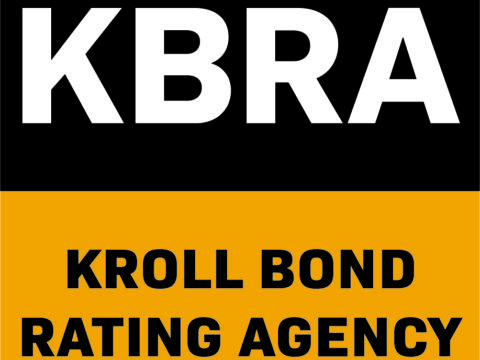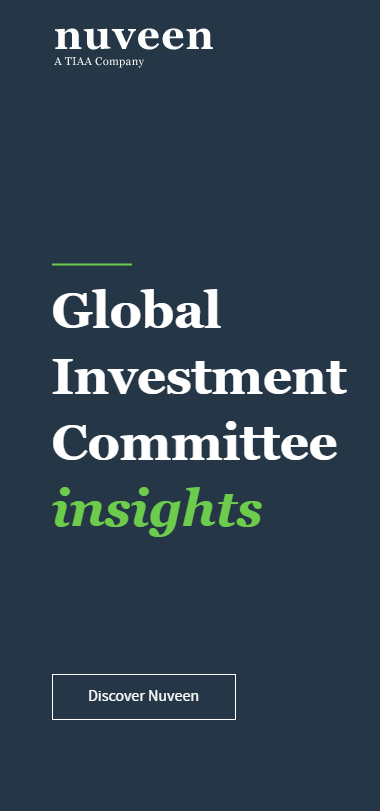
November 5, 2020 – Puerto Rico voters appear to have voted in favor of statehood by a 52-48% margin (votes are still being counted) and as of 12pm Thursday, Pedro Pierluisi – the candidate from the pro-statehood New Progressive Party – appear to be leading in the gubernatorial race.
In a report just issued, Moody’s Investor Service said admission to the United States can benefit the Commonwealth by expanding Medicaid funding. Based on data from the Medicaid and CHIP Payment and Access Commission, Moody’s noted the Federal match for Medicaid expenditures could increase from the 55% match rate to 83%.
Even without statehood, Moody’s said recent court decisions could result in additional Supplemental Nutritional Assistance (SNAP) and Supplemental Security Income (SSI) funding for the Commonwealth, nothing 43% of residents live below the poverty line.
Gaining statehood comes with a cost however. Puerto Rico residents and corporations may be subject to Federal income taxes, and the Commonwealth may lose its unique “triple tax-exempt” status which currently exempts Puerto Rico bondholders from federal income taxes on the bond interest.
The most recent states to be admitted into the union were Hawaii and Alaska – both in 1959. While both former territories took 13 and 19 years, respectively, from referendum to admission, the actual Constitutional requirements to admit a new state are relatively straightforward – with Congressional/Presidential approval and a referendum at the local level.
Contact Caren Moses at CMoses@buymuni.com.



